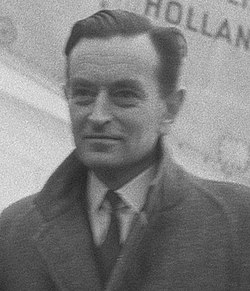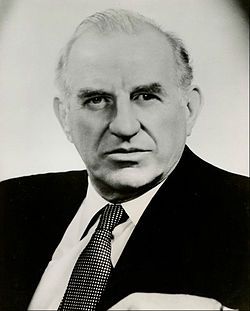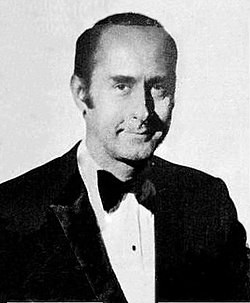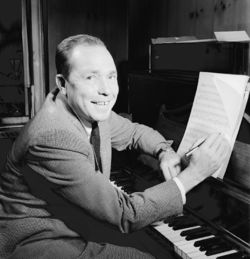This article needs additional citations for verification .(May 2018) |
| 35th Academy Awards | |
|---|---|
 Official poster | |
| Date | April 8, 1963 |
| Site | Santa Monica Civic Auditorium |
| Hosted by | Frank Sinatra |
| Produced by | Arthur Freed |
| Directed by | Richard Dunlap |
| Highlights | |
| Best Picture | Lawrence of Arabia |
| Most awards | Lawrence of Arabia (7) |
| Most nominations | Lawrence of Arabia (10) |
| TV in the United States | |
| Network | ABC |
The 35th Academy Awards, honoring the best in film for 1962, were held on April 8, 1963, at the Santa Monica Civic Auditorium in Santa Monica, California, hosted by Frank Sinatra.
Contents
- Ceremony
- Awards
- Jean Hersholt Humanitarian Award
- Presenters and performers
- Presenters
- Performers
- Multiple nominations and awards
- See also
- Notes
- References
- External links
The year's most successful film was David Lean's Lawrence of Arabia , with 10 nominations and 7 wins, including Best Picture and Lean's second win for Best Director. For his role as T. E. Lawrence, Peter O'Toole received his first of eight career nominations for Best Actor, all unsuccessful; as of the 94th Academy Awards, O'Toole and Glenn Close share the record for the most acting nominations with no wins.
Arthur Penn's The Miracle Worker earned the rare distinction of winning two acting Oscars (Best Actress for Anne Bancroft and Best Supporting Actress for Patty Duke) without a nomination for Best Picture. The only other film to do this to date was Hud , the following year.







